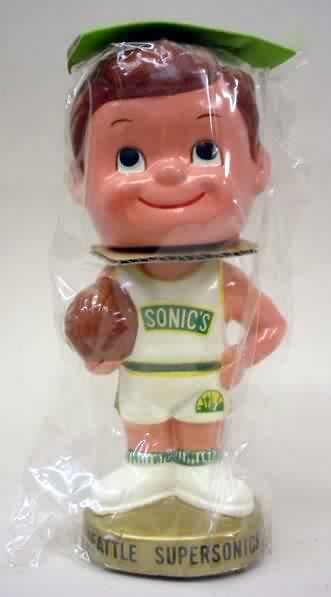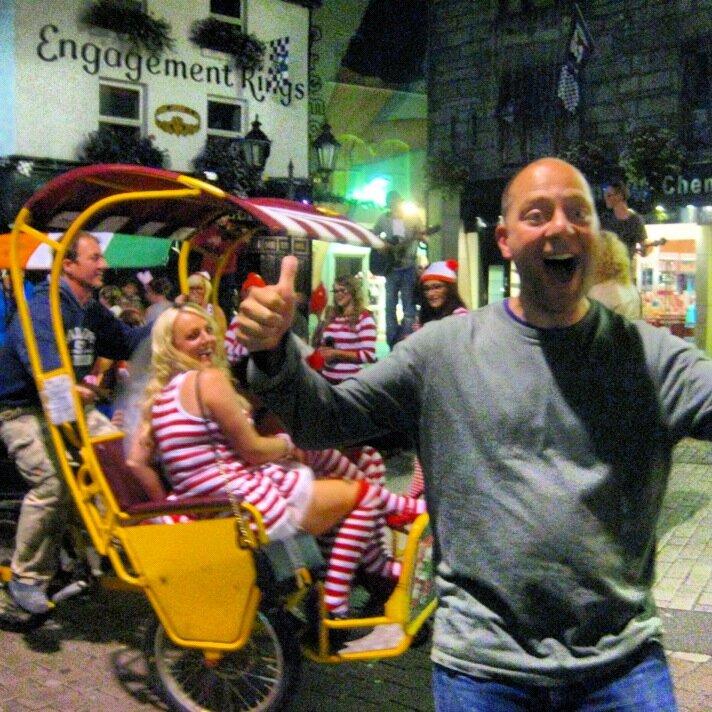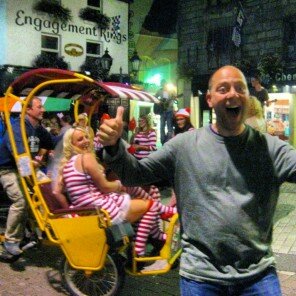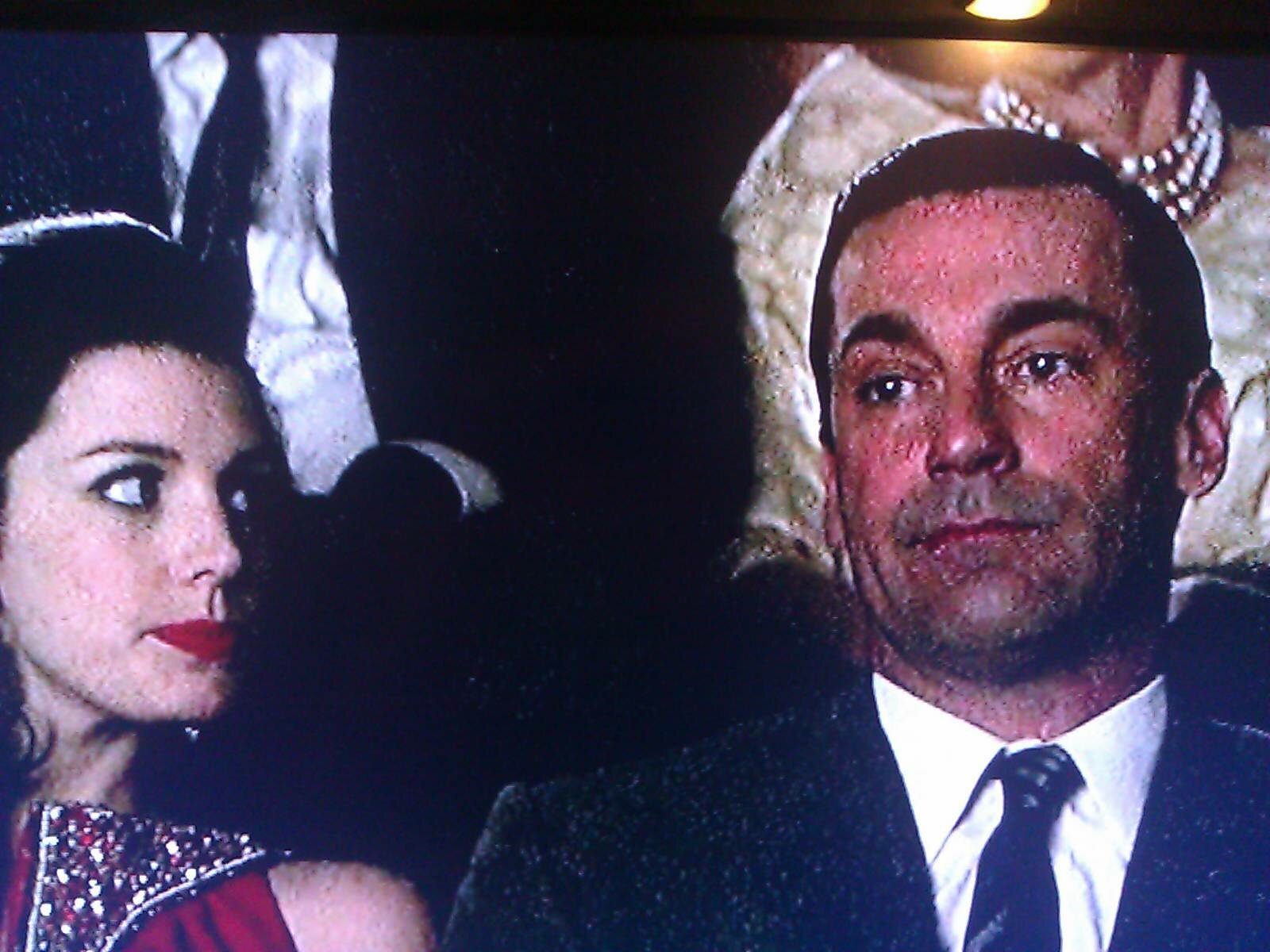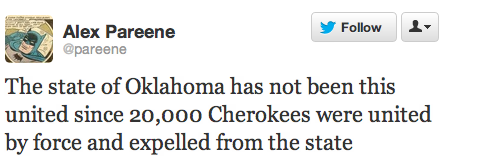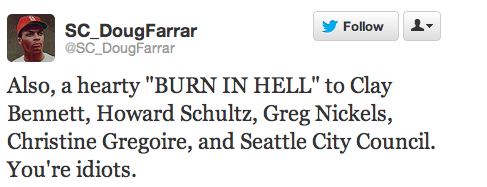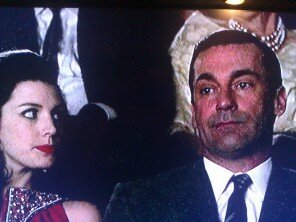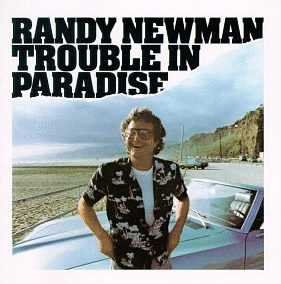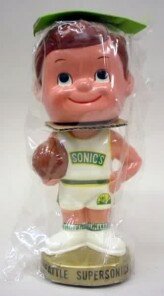 Chris Hansen and Steve Ballmer’s plan to buy the Sacramento Kings and move them to Seattle was presented as a done deal when the news came out earlier this week. However, Sacramento’s efforts to keep the team have dominated headlines ever since. What makes people so sure the Sonics really will come back? I’m here to tell you.
Chris Hansen and Steve Ballmer’s plan to buy the Sacramento Kings and move them to Seattle was presented as a done deal when the news came out earlier this week. However, Sacramento’s efforts to keep the team have dominated headlines ever since. What makes people so sure the Sonics really will come back? I’m here to tell you.
Q: Sacramento is putting together a counter-offer, funded by billionaires, to buy the team and keep them where they are. What happens if the NBA takes that offer?
A: The NBA can’t just “take an offer.” This isn’t an auction. NBA owners will vote, likely in April, on whether to approve the specific sale agreement between the Hansen/Ballmer group and Sacramento’s current owners, the mercurial and nearly-insolvent Maloof family. If the NBA rejects the sale, the team goes back to the Maloofs.
Q: Couldn’t the Maloofs then sell the team to the Sacramento group for the same price?
A: They could, but why would they? Now they have the leverage of a bidding war. They could drive the price up further and keep the franchise in a period of uncertainty–the last thing the NBA wants.
Q: Has the NBA ever cancelled a sale agreement?
A: They have, actually. In 1994, the league blocked the sale of the Minnesota Timberwolves to a group that intended to move the team to New Orleans. However, the league’s decision had less to do with the possible relocation of the team than the fact the new buyers — headed by a boxing promoter — didn’t actually have the cash to buy the team; their financing plan relied on unknown investors, unsigned loans, and future revenue from an unbuilt arena. Even so, the NBA’s rejection of that deal was called “stunning” at the time.
Q: If the sale is approved, won’t the NBA owners still have to approve the move?
A: Yes. And NBA commissioner David Stern has promised Sacramento mayor Kevin Johnson the opportunity to argue that the team should stay before NBA owners vote. But NBA owners typically like to support the rights of their fellow owners to move their teams wherever they want. You may remember a team called the Seattle SuperSonics that wanted to move despite a massive outcry from fans, protests from two U.S. Senators, and a proposal to keep the team in Seattle by one of the richest men in the world. The NBA approved that move 28-2.
Q: So it’s a 100%-absolute-sure-thing?
A: Of course not. The NBA could find that Chris Hansen’s wealth is entirely tied up in risky Somalian goat futures. Steve Ballmer could be revealed as the true identity of Jack the Ripper. Sacramento mayor Kevin Johnson could have compromising photos from the Annual NBA Owners Nazi Dress-Up Orgy. Nothing is 100 percent, but barring some unforeseen circumstance, the Kings will play here as the Sonics this fall.
Q: Is it fair that Sacramento fans are likely losing their team?
A: No, it is terribly unfair. It was also terribly unfair when the Kings left Kansas City for Sacramento under shady circumstances. It was unfair when the Sonics left for Oklahoma City. It’s unfair that society says we have to wear pants to work. If you’re going to wait around for life to be fair, you’d better bring a book.
You can buy that Sonics bobblehead for $75 from Gasoline Alley Antiques.
